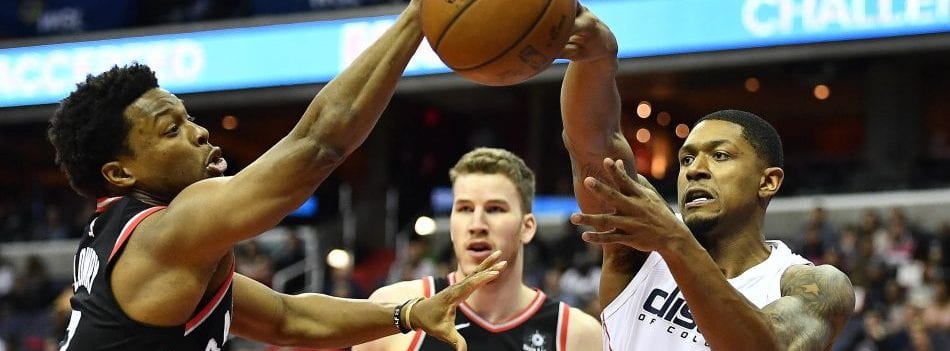Ticketmaster and the National Basketball Association have announced that their deal making the ticket marketplace their official partner has been renewed for multiple seasons. The deal, first struck in 2012 and renewed in 2018, was set to expire soon but will now extend into the future, though the specific terms have not been announced.
Ticketmaster serves as the official ticketing partner for 23 individual NBA franchises, according to Sports Business Journal. This deal extends beyond those individual partnerships to make Ticketmaster a league-wide partner for both primary and secondary ticketing as well as the WNBA and G League.
“It’s an extremely long-standing relationship between Ticketmaster and the NBA and their partner teams where we’re just looking for constant ways to innovate and streamline ticket buying in general. The league has always been extremely focused on that, as has Ticketmaster,” said Kurt Schwartzkopf, Ticketmaster executive president and co-head of sports, North America.
Ticketmaster’s status as the near-universal partner of professional sports franchises has been under siege of late, with SeatGeek eating into its margins as it expands into the primary ticketing market beyond its origins as a secondary ticket search engine. The rival has deals with the New Orleans Pelicans, Cleveland Cavaliers and Brooklyn Nets. AXS is the official ticketing partner of the Houston Rockets, LA Clippers, and Minnesota Timberwolves
NBA senior vice president of marketing and business operations Jonathan Tillman told SBJ that the renewed Ticketmaster deal puts an emphasis on pushing the Ticketmaster platform through team and league social media channels, including direct linking to ticket purchase pages. The deployment of mobile-only ticketing systems will mean massive consumer data being passed back to the league and its franchises from Ticketmaster, with that data grab serving as a cornerstone of its deal-making efforts.
New types of ticketing are also part of the plans, as consumers increasingly shy away from traditional season ticket offerings, due at least in part from the use of technology to limit consumer choice in what they can do with their tickets, and things like price floors on official marketplaces that keep season ticket members from being able to price tickets below certain levels in order to prevent competition with remaining inventory on the primary market.
“For the next generation of fans, flexibility in ticketing products and development of new tools to engage those fans — whether flexible ticketing, subscription plans, improved interfaces for purchasing — is very important,” said Tillman.
Terms of the deal have not been released.


